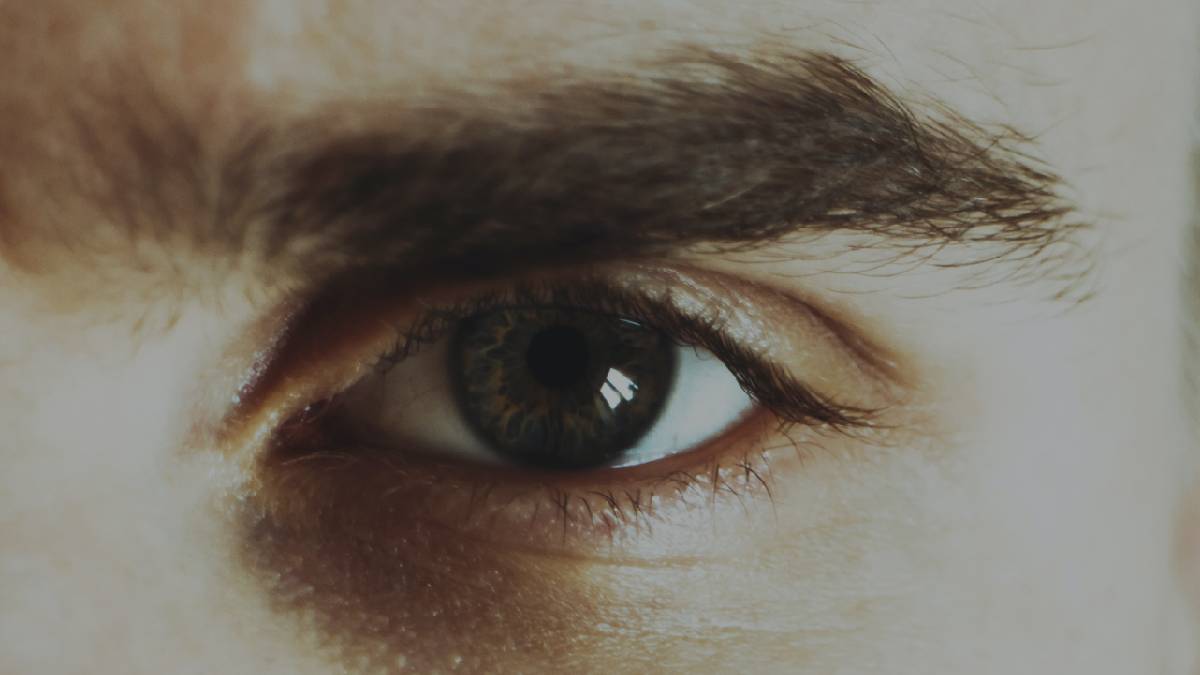
A Therapist Recommends Keeping A Healthy Distance From These 3 Types Of People
Self-care is often about keeping difficult people at arm’s length.

By Jourdan Travers, LCSW | March 22, 2023
We can all think of people who have been disruptive forces in our lives – whether it's a past romantic partner, a friend, or a colleague. With the benefit of hindsight, we can see how our relationship with them was more harmful than good, and that our current life is much better without them in it.
But how do we spot the signs of a potentially disruptive relationship before investing too heavily in it? Here are three things to look for to save yourself from the emotional wreckage of an unhealthy relationship dynamic.
#1. Exercise caution when investing in an emotionally unavailable person
Pursuing a relationship with an emotionally unavailable person, whether romantically or platonically, is often forcing yourself into a 'pursuer-distancer' dance. In a pursuer-distancer relationship, the more you pursue the other person, seeking approval, intimacy, and/or connection, the more they may distance themselves from you. This can be extremely draining as it leads to persistent feelings of dissatisfaction, low self-esteem, and disconnection.
People tend to assume that men are more likely to play the role of distancer, but research published in Sexual and Relationship Therapy shows that it's not uncommon for women to practice emotional distancing as well. Regardless, for a relationship to thrive, both parties need to be invested and willing to express and witness each other's vulnerabilities.
#2. Avoid non-apologizers
A non-apologizer is someone who finds it hard to own up to their behavior, especially in cases when an apology is warranted.
We all make mistakes. As such, we should all possess the ability to apologize. Offering an apology in critical moments is an essential component of healthy relationships.
Moreover, apologies should not be reserved only for one's biggest mistakes. Owning up to your small mistakes matters and shows genuine care for the person who may have been on the receiving end of your mistake.
An apology as simple as "I'm so sorry I came later than promised, I missed my alarm, please know I highly value our time together" followed by corrective action is all it takes.
Because a non-apologizer is often unaware of their inconsiderate behavior, calling them out may be the best course of action. If you sense that the non-apologizer is aware of the harm their behavior has inflicted on you yet still won't apologize out of principle or due to a skewed view of the situation, you're probably better off extricating yourself from the relationship.
#3. Be careful with status-seekers
All relationships are self-serving to a degree. We lean on others for support, connection, love, friendship, laughter, etc. – the things that make us feel fulfilled as humans.
But there are cases where the value equation becomes lopsided. There are plenty of people, for instance, who seek connections with others because it serves some immediate purpose. It's an unfortunate fact of social life.
These types of people often attach their self-worth to material things rather than friendships and emotional connections. In their mind, there may be nothing wrong with viewing a relationship with someone as a means to some other end. Unfortunately, it's often you who is left holding the bag.
Therefore, beware of status-seekers who only stick around to reap the benefits of the things you can do for them.
Conclusion
As difficult as it is to cut toxic people out of our lives, it is also important to know that the one-sidedness of such relationships will eventually cause agony and disappointment. Therefore, the sooner we let go, the easier it is to reconstruct your life in your vision.
